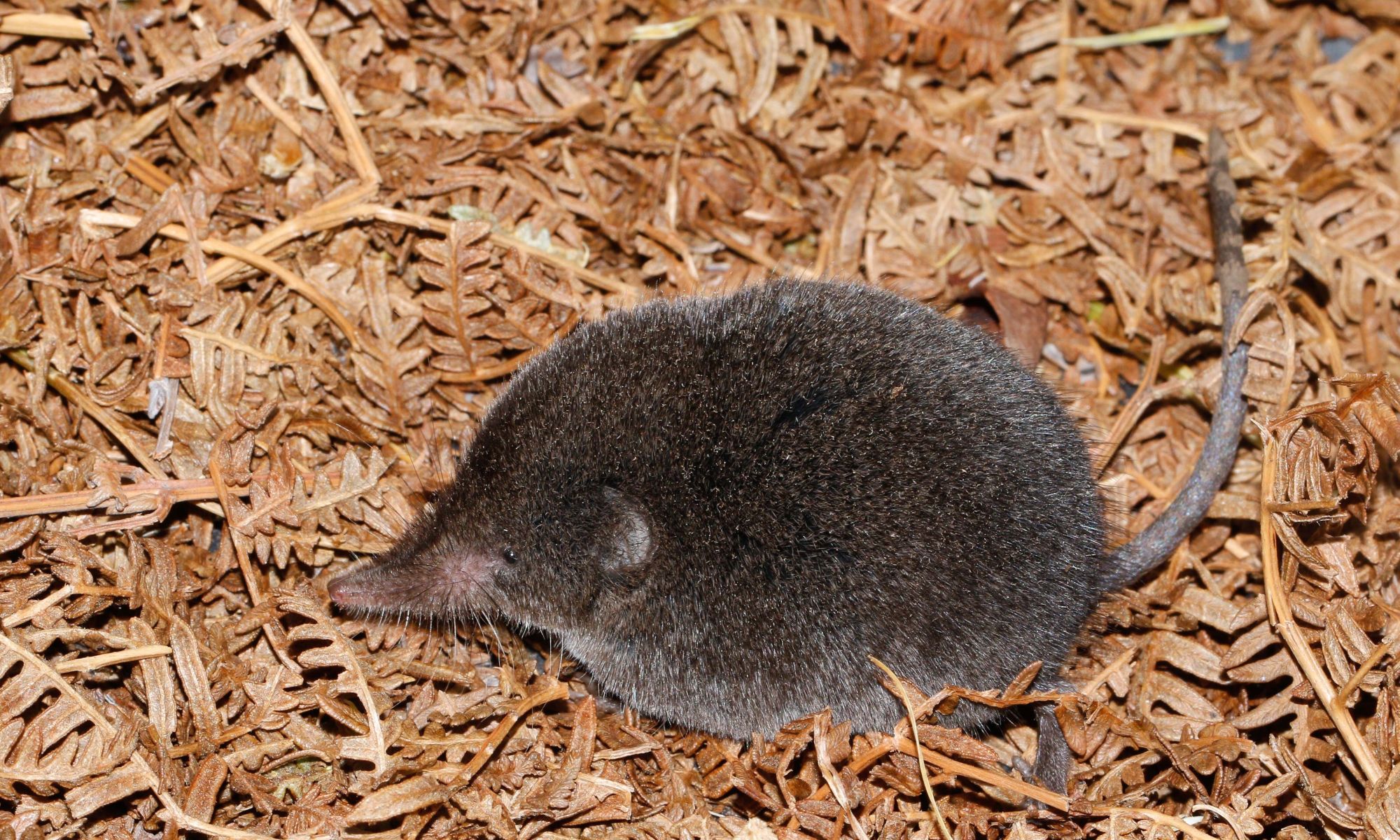International Vulture Awareness Day, 4 September 2021
Vultures regularly receive bad press – think Lion King and the so-called “buzzards” that Timon and Pumba chase away from the unconscious Simba. But vultures are nature’s essential workers. As scavengers, they are part of a clean-up crew that mops up carcasses and other organic waste and prevents the spread of diseases such as anthrax and botulism. Over the past few decades, there has been a worrying decline in Africa’s vulture populations. Threats include loss of habitat, accidental and deliberate poisoning, electrocutions and collisions due to power grid infrastructure and a decrease in food availability. The Cape vulture (Gyps coprotheres) is the only resident vulture species in the Western Cape and is red-listed by the IUCN as Endangered. While the global population is decreasing, but the breeding colony at Potberg on De Hoop Nature Reserve is actually increasing. This is largely due to the positive attitudes of farmers in the area towards the species and the establishment of a vulture restaurant on private land near the nature reserve. A collaboration between EWT and Eskom has also led to the installation of bird diverters on high-risk sections of power lines near the colony, making the overhead lines more visible so that collisions are avoided.
More articles related to International Vulture Day:
Celebrating World Wildlife Day at the Potberg Cape Vulture colony
Monitoring the Cape Vulture Colony





